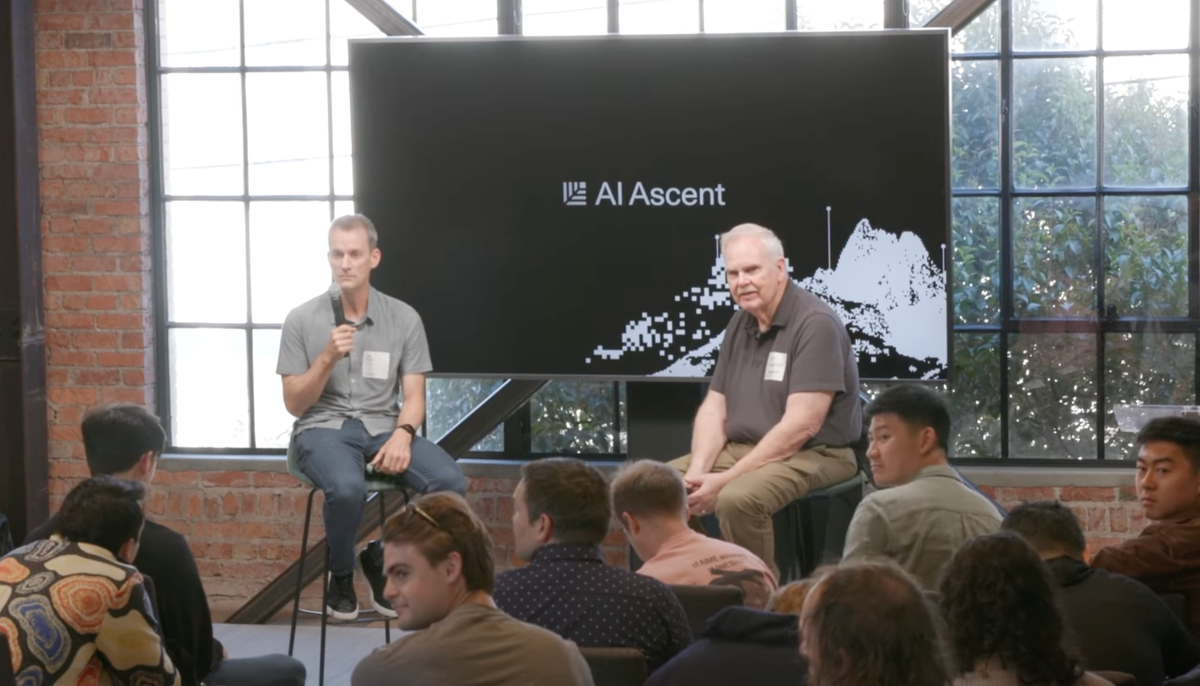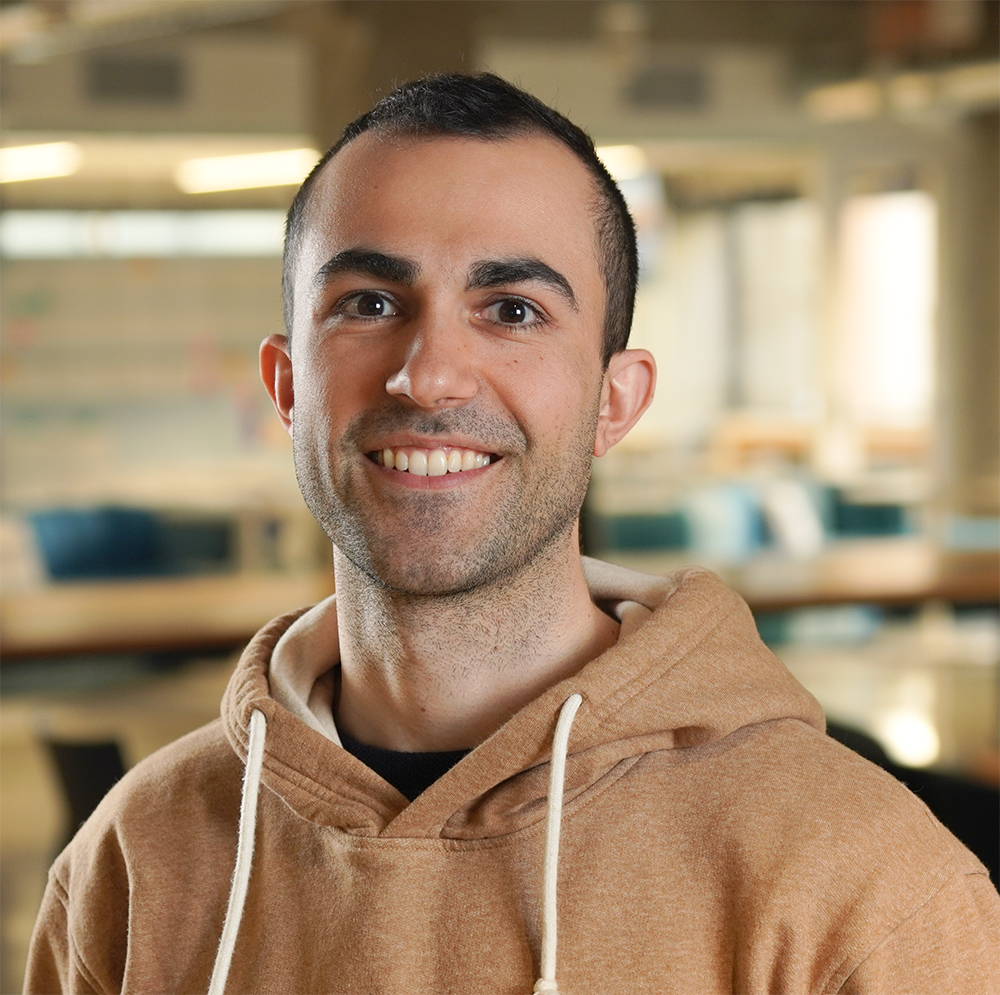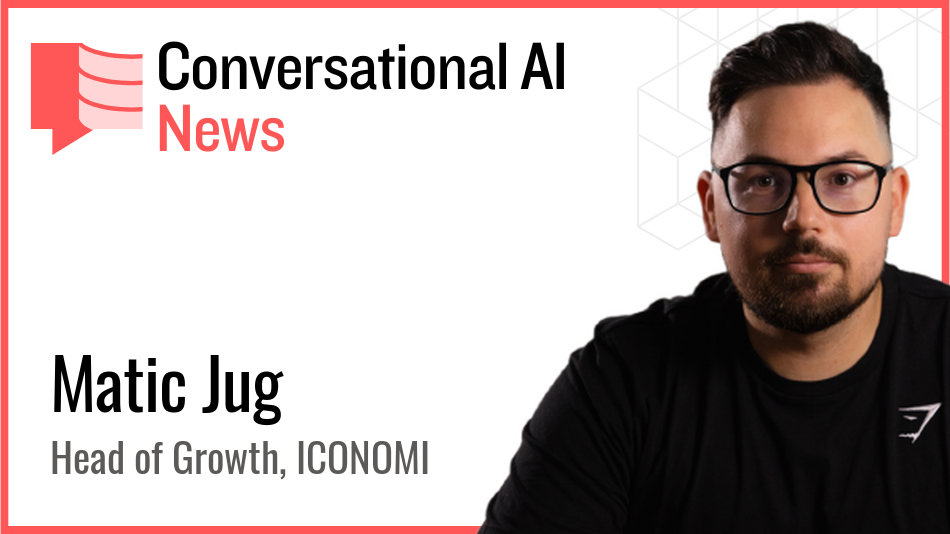Google's Jeff Dean: We're 'about a year-ish' from having 24/7 AI engineers

Sequoia Capital held their AI Ascent event earlier this month and it included a session with Google's top man in AI, Jeff Dean.
The whole event is captured in quite a few YouTube videos but this one stood out for me because of one of the questions Jeff was asked from the audience.
He was asked a question along the lines of, "How long will it be before we have AIs able to work 24/7 at the level of a junior software engineer?"
Jeff thought for a few moments and then replied, "Not long... About a year-ish".
I've embedded the video at the right point for you to watch that interchange here:
(Although I do encourage you to watch the whole session).
I don't doubt Jeff's response, especially with lots of rumours about Google due to introduce some kind of 'always on' AI software engineer ahead of Google I/O next week (See --> Reuters: Google is developing software AI agent ahead of annual conference, The Information reports).
We're definitely not far away from this, today.
I've been using Claude Code extensively for the past few months – and even more so when they added it to the Claude Max offering. I have to smile when I meet colleagues who claim that AI is a bit of a bubble and there will be some kind of correction soon. Yes, there will be investments that go awry, but goodness me I'm not going back – no one using the likes of Claude Code is ever going back. So there is no bubble in that context, at all.
I have routinely had 5-6 Claude Code windows open - 2-3 on my local machine and the rest on various servers - doing all sorts of development work for me and it's been utterly life-changing. I am getting so much done.
Crucially, though, I'm doing this in part to show it. To demonstrate it. To evidence it to the senior executives I'm advising (typically in the financial services environment).
I've been running AI factory demonstrations for a handful of senior executives at a time where I show it all working. I think it's only when you see these things at work can you begin to comprehend the upcoming impact.
Claude Code is utterly remarkable. At the same time, there are also deeply frustrating issues with it – and all sorts of resulting risks to consider. But, it gets better. Every single day... well, actually, I have witnessed it getting better intra-hour. The team are pushing updates to the Claude Code system on what often feels like an hourly basis at times.
I'd suggest that at the moment - today - I have the equivalent of a junior software engineer sitting at my beck-and-call throughout the day.
Crucially, I have to be in front of it though. Yes, I can have 5, 6 or more instances running simultaneously, but I am still required to be sitting there, approving stuff, pressing buttons (and checking what it's doing!)
That's today.
By next month? By Q3? I'd suggest the experience will be remarkably better.
Only last week did I see the Claude Code team introduce to do lists into the system. It's started to organise its thinking in a much more methodical manner. Then this week, they enabled the ability for me to talk (or type!) to it whilst it's mid-delivery of the current request. So I can guide and shape as we go. This is exponential iteration. It's getting better and better.
Claude Code is by far the most effective tool I've come across that is essentially a junior SWE ("Software Engineer") sitting waiting to help me. OpenAI have their ChatGPT Codex but it is still exceptionally immature compared to Claude Code.
I am fascinated to see what Google will do, though.
Their Gemini 2.5 1-million-token-extravaganaza is nothing short of astonishing when accessed (for example) via their Google AI Studio interface, or via API.
But it's the packaging of this stuff that really matters. Claude Code is sitting on my server, right there. Forget MCP. It's actually issuing commands, restarting stuff, testing, iterating, reworking the code, testing again... it's deeply impressive just watching it. It's so useful because it's packaged in a manner that enables it (and me) to get much more done, right there, right now.
There is a lot of room for more though.
What will life be like when we can all - literally - call upon a 'junior' software engineer from Google as part of our Google Workspace account?
What would a 'senior' SWE look like? Or a hot-shot-super-ninja SWE? Will the terms merge into one, soon?
Anyway, presuming Jeff wasn't playing coy in his answers above (and Google launch something astonishing next week) based on what I'm seeing and witnessing with the technology growth right now, I reckon a year+ timeline is very doable.
Right now, I am still needed to approve almost every single command – and this is for various different reasons, not least base level security. Now and again these things get carried away or confused so the last thing you need is it totally transforming your product overnight as a result of a misunderstood throwaway comment from you.
In a year's time? I'm already at the level of generally hitting '2' for most tasks that Claude is executing for me. (This where you approve Claude Code to carry on issuing the same commands without asking for approval – e.g. when it's making a series of updates to a set of code). But that's because I've learned how to direct the 'attention' of the system and how to focus its efforts carefully.
But the speed the Claude Code are operating at would suggest to me it's not going to be long before I can start to issue commands and then let the thing get on with it without so much constant supervision.
Interesting, interesting times. Bring on Google I/O.
You can read more about Google on the Conversational AI Marketplace.














